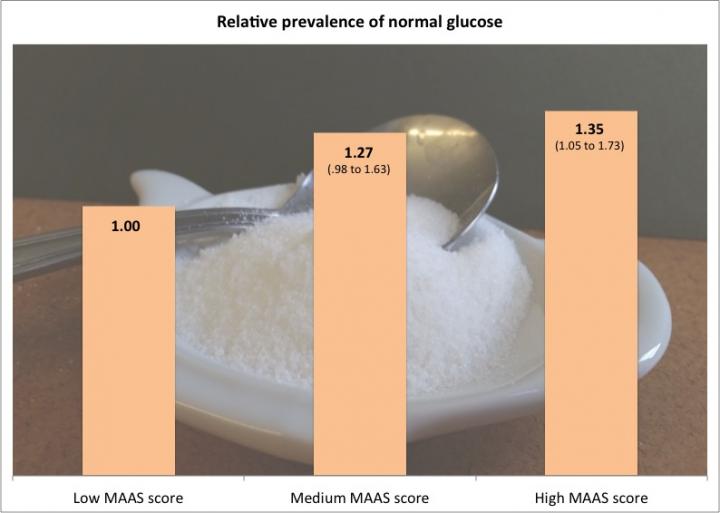Obese Patients Run Higher Risk of Post-Operative Complications
Obese patients have a significantly higher risk of complications following surgery, including heart attack, wound infection, nerve injury and urinary tract infection.
Parents Blind to Their Children’s Weight
Researchers surveyed more than 1200 families to find out if parents had concerns about their children's weight and if they took any preventative action to avoid obesity in their children.
Study: Weight-Loss Supplement Shows Good and Bad Traits
A supplement some people turn to in hopes of losing a few pounds may have some previously unknown, unsavory side effects, suggest two new studies.
High Rate of Overweight and Obesity Found in Children Having Surgery
A very high proportion of children who are having surgery are overweight or obese, and because of the excess weight have a greater chance of experiencing problems associated with the surgery, according to a new study.
Obesity Surgeries Have Jumped Dramatically Since 1998
Obesity surgeries for patients between the ages of 55 and 64 in the United States soared from 772 procedures in 1998 to 15,086 surgeries in 2004—a nearly 2,000 percent increase. The report also found a 726 percent increase in surgeries among patients age 18 to 54.
Video Gaming Puts Children More At-Risk for Behavioral and Health Problems
Video game makers seem to be addressing concerns about how playing affects children. But too much gaming still puts children more at-risk for behavioral and health problems, health experts say.
Study: Low-Protein, Low-Calorie Dieters Have Reduced Levels of Hormone Linked to Cancer
Preliminary findings suggest that eating less protein may help protect against certain cancers that are not directly associated with obesity.
Poll: Obesity Cited Number-One Kids’ Health Issue: Americans Split on Who’s Responsible
Obesity or being overweight is seen as the most important health issue for U.S. children, according to a new poll.
One in Six Americans Have Pre-Diabetes and Most Don’t Know It
Fifty-four million Americans - that's one in six of us -- have pre-diabetes and most don't even realize it. Mark Schutta, MD, medical director of the Penn Rodebaugh Diabetes Center, is urging at-risk patients to be proactive and ask your doctor to give you a simple blood test for pre-diabetes - to arm yourself with information before the damage is done.
Children’s Belly Fat Increases More Than 65 Percent Since 1990’s
The finding of growing girth is significant because abdominal obesity has emerged as a better predictor of cardiovascular disease and type 2 diabetes risk than the more commonly used Body Mass Index.
Latest Weight-Loss Pill Offers Modest Results, Blocks
A new drug billed as a magic bullet for obesity does help people lose weight, although not that much weight, and also helps lower cardiac risk factors, according to a review of studies.
New, Minimally-Invasive Surgery for the Morbidly Obese
Three new studies demonstrated that transoral endoscopic surgical techniques, entering the abdomen through oral cavities such as the nose and mouth, can be successful in human patients.
Study: Obesity Independently Impacts Prostate Cancer Screening
When interpreting prostate cancer screening test results, physicians should consider the impact of a patient's body mass index, regardless of race.
Study: Food or its Expectation Sparks Brain’s Hunger Centers
The concept of whetting the appetite by serving hors d'oeuvres before a meal may have a solid scientific basis, according to a new report.
Study: Promising Antiobesity Drug Fails to Produce Clinically Meaningful Weight Loss
A drug designed to target a powerful hunger-stimulating factor that has long been considered a prime target for antiobesity therapy failed to produce clinically meaningful weight loss in obese people in a long-term clinical trial.
Study: Leptin Has Powerful Effect on Reward Center in the Brain
Leptin, a hormone critical for normal food intake and metabolism, exerts a strong effect on appetite by acting in the mid-brain region as well as in the hypothalamus.






